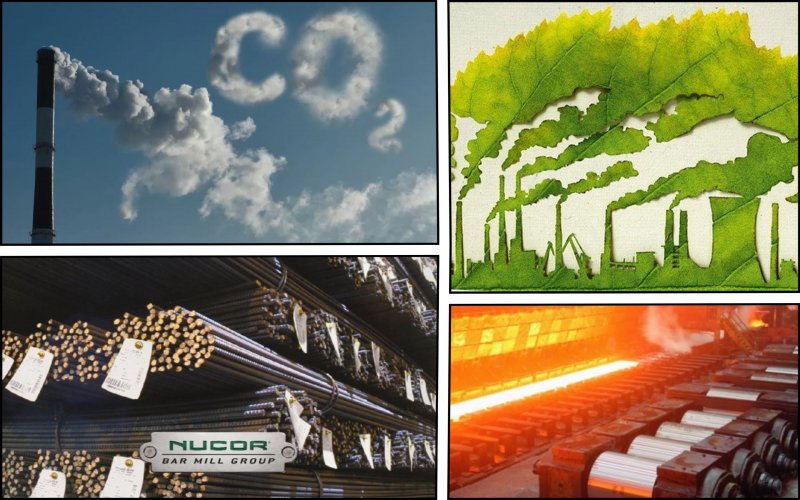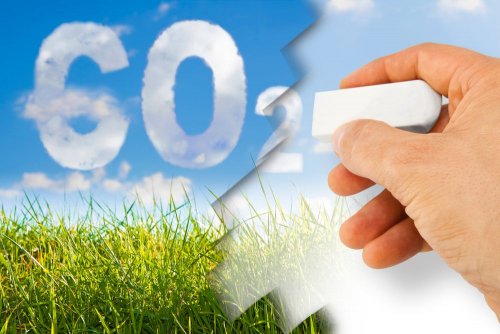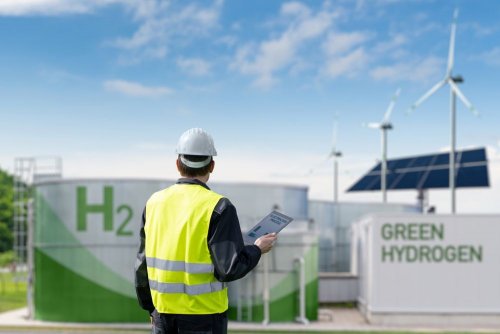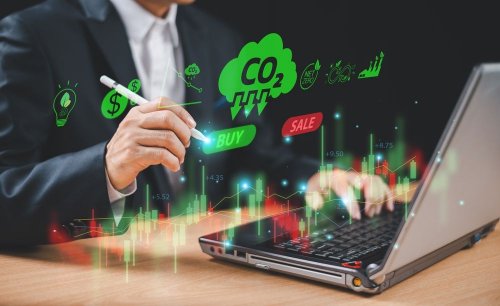American steel company Nucor has announced that it has strengthened its Scope 1 and 2 greenhouse gas reduction targets by 35% by 2030 and to achieve carbon neutrality by 2050.
The company became the first U.S. diversified steelmaker to set comprehensive Scope 1, 2 and 3 emissions reduction targets from hot-rolled steel production, according to Nucor press release.
Emissions Scope 1 is direct greenhouse gas emissions, Scope 2 is indirect emissions related to the purchase of electricity, and Scope 3 is emissions that the company does not control but indirectly affects in its value chain.
It is noted that the company is the first in the country to set targets for reducing greenhouse gas emissions covering all three areas.
"In recent years, we have made targeted investments to increase the availability of carbon-free electricity and support other emerging technologies that will help pave the way for a clean industrial future," said Nucor Chairman, President and Chief Executive Officer Leon Topalian.
The message emphasized that Nucor is already one of the cleanest steel producers in the world. The company's cyclical production process uses an average of almost 80% recycled scrap. In addition, the intensity of greenhouse gas emissions is one third lower compared to the average traditional blast furnace steelmaking process.
The press service explained that Nucor plans to reduce emissions by:
- increasing the use of green electricity;
- carbon capture and storage;
- production of cast iron with an almost zero level of greenhouse gas emissions;
- technologies to reduce carbon consumption for blowing and charge;
- reducing the use of natural gas in production processes.
Earlier, EcoPolitic wrote, that steel company British Steel announced an investment of 1.25 billion pounds ($1.53 billion) to implement the technology of two electric arc furnaces at the plant in Scunthorpe.
As EcoPolitic previously reported, the iron ore pellet company Ferrexpo estimated the total capital decarbonization costs at $3.3 billion, which must be invested by 2050.





